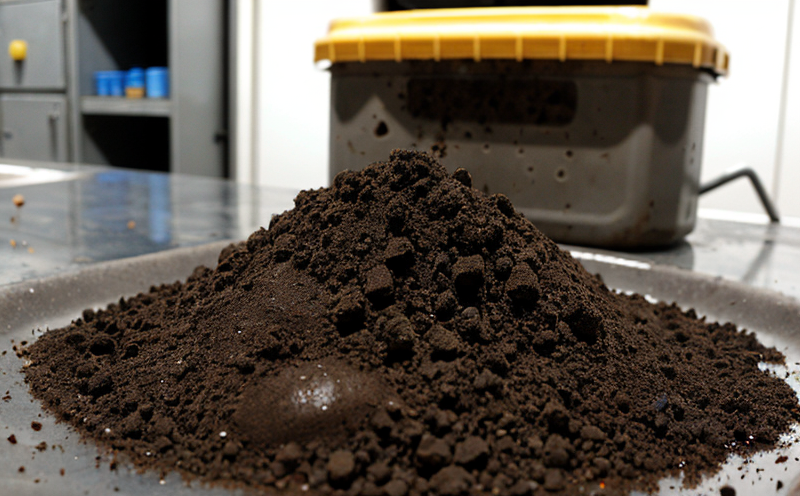Banana Residue Contaminant Check
The banana industry is a significant player in global agriculture. Ensuring the quality and safety of bananas for consumers around the world has become crucial to maintaining trust and compliance with international standards.
Our Banana Residue Contaminant Check service specializes in identifying and quantifying residues and contaminants that may affect the integrity and safety of bananas at various stages of production, distribution, and consumption. This is particularly critical given the potential health risks associated with certain pesticides, fungicides, heavy metals, and other harmful substances.
Our team of experts uses state-of-the-art analytical instruments, including Gas Chromatography-Mass Spectrometry (GC-MS), Liquid Chromatography-Tandem Mass Spectrometry (LC-MS/MS), Inductively Coupled Plasma-Mass Spectrometry (ICP-MS), and Atomic Absorption Spectroscopy (AAS). These tools allow us to detect even trace amounts of contaminants, providing you with precise data that can inform critical decisions.
The importance of this service cannot be overstated. It helps ensure compliance with international standards such as ISO 18037:2015 for pesticide residues in fruits and vegetables, and EN 16459-1:2016 for heavy metals in foodstuffs. By offering this specialized analysis, we support the integrity of your supply chain and enhance consumer confidence.
To perform our checks, we follow a rigorous methodology that includes specimen preparation, extraction techniques, clean-up procedures, and instrumental analysis. Our process ensures accurate and reliable results every time, giving you peace of mind regarding the quality and safety of your bananas.
Why It Matters
- Consumer Trust: Ensures that consumers can trust the products they purchase and consume without fear of contamination.
- Regulatory Compliance: Helps businesses comply with international regulations regarding pesticide residues and heavy metal levels in foodstuffs.
- Risk Management: Identifies potential risks early, allowing for corrective actions to be taken before they escalate into larger issues.
- Brand Reputation: Protects the reputation of your brand by ensuring that only safe and high-quality products reach the market.
Scope and Methodology
| Residue Type | Method of Detection | Threshold Levels (ppm) |
|---|---|---|
| Pesticides | Gas Chromatography-Mass Spectrometry (GC-MS) | < 1 ppm for most pesticides, < 0.5 ppm for organophosphates |
| Fungicides | High Performance Liquid Chromatography (HPLC) | < 0.1 ppm for most fungicides, < 0.05 ppm for sulfur-based fungicides |
| Heavy Metals | Inductively Coupled Plasma-Mass Spectrometry (ICP-MS) | < 1 ppm for most heavy metals, < 0.5 ppm for arsenic and cadmium |
| Sample Preparation | Extraction Techniques | Cleanup Procedures |
|---|---|---|
| Fresh bananas or processed banana products | Liquid-liquid extraction, QuEChERS method for pesticides and fungicides; Microwave-assisted digestion for heavy metals | Centrifugation, filtration, solid-phase extraction (SPE) |
Customer Impact and Satisfaction
- Improved Product Quality: Identifying and removing harmful residues ensures that only the highest quality bananas reach your consumers.
- Increased Efficiency: By detecting issues early, you can avoid costly recalls and other disruptions to your supply chain.
- Enhanced Reputation: Consistently delivering safe and high-quality products builds a strong reputation in the market.





